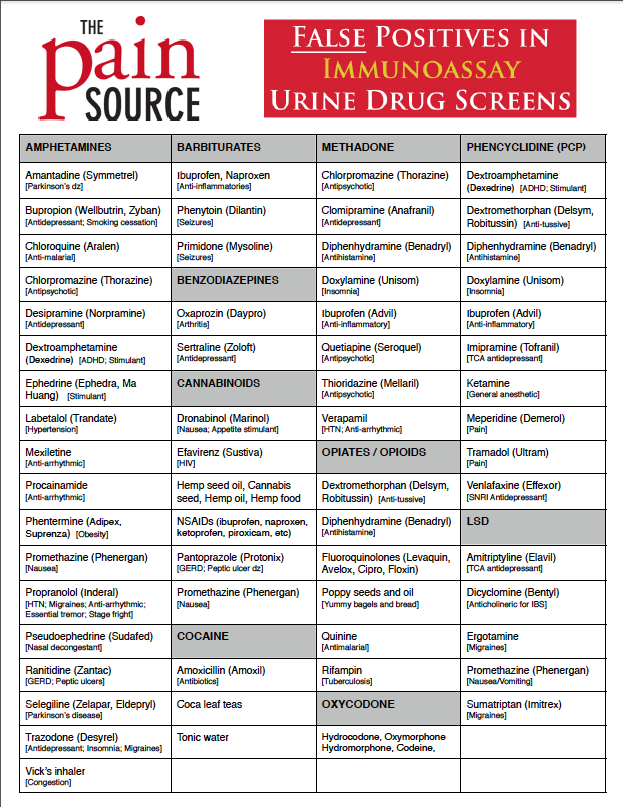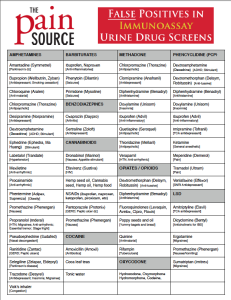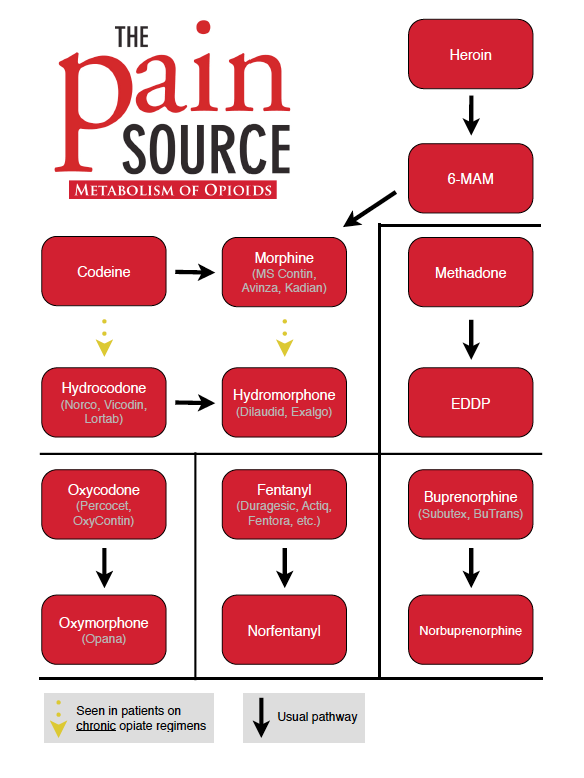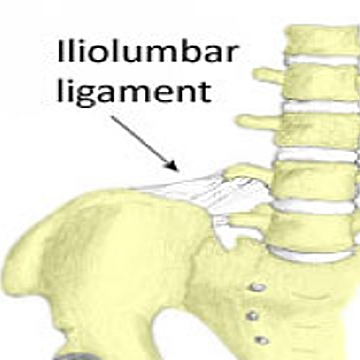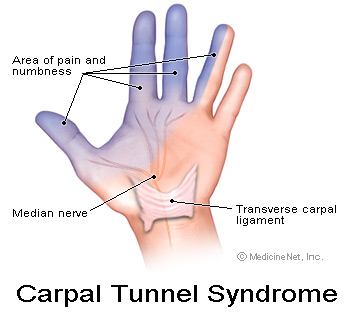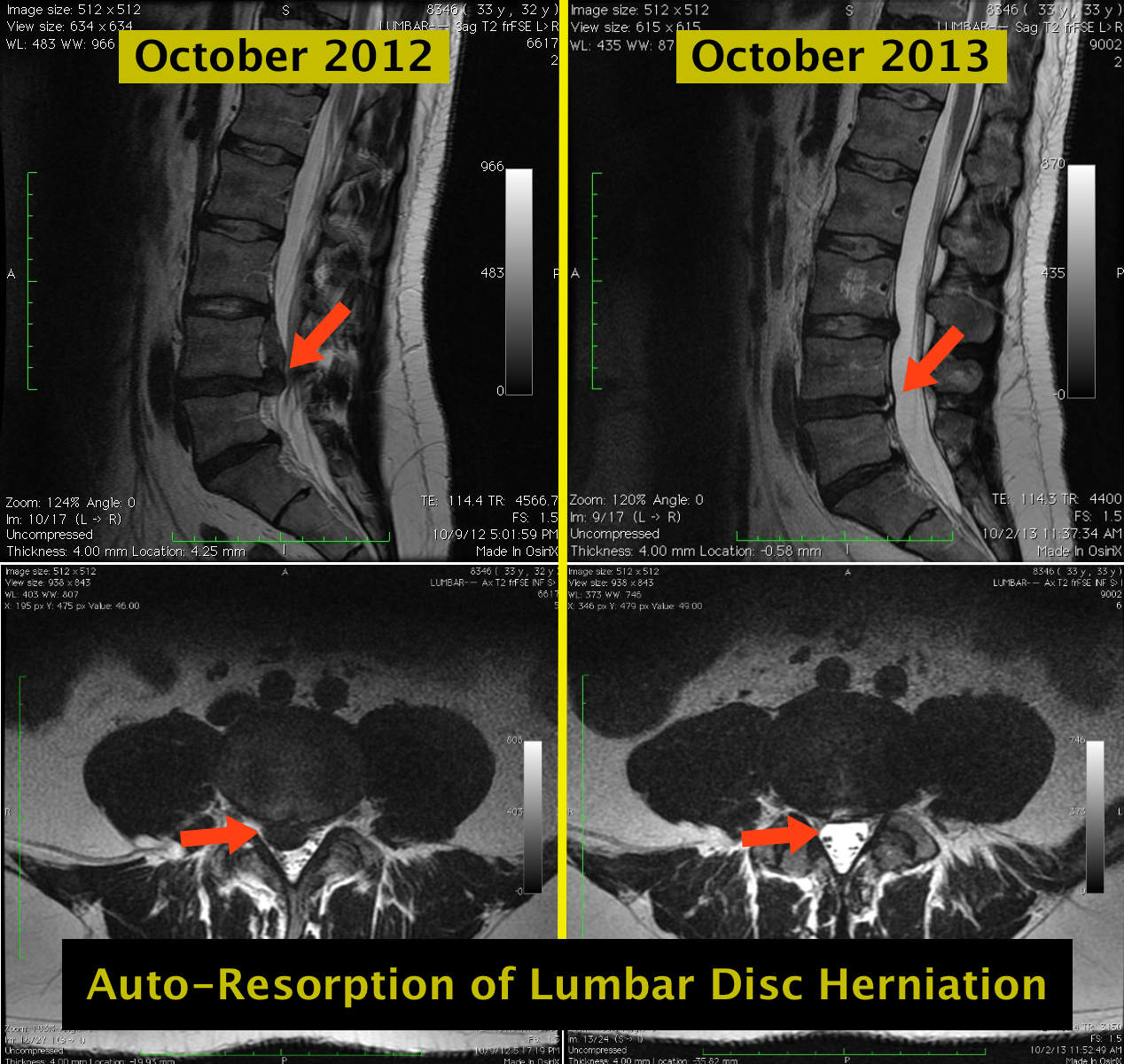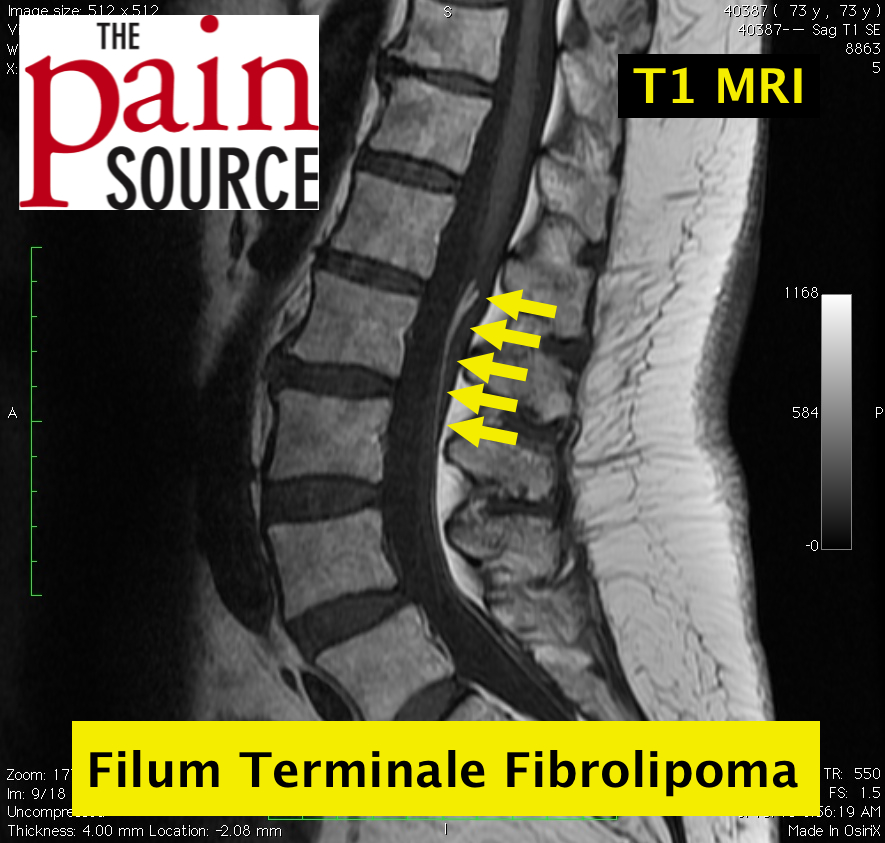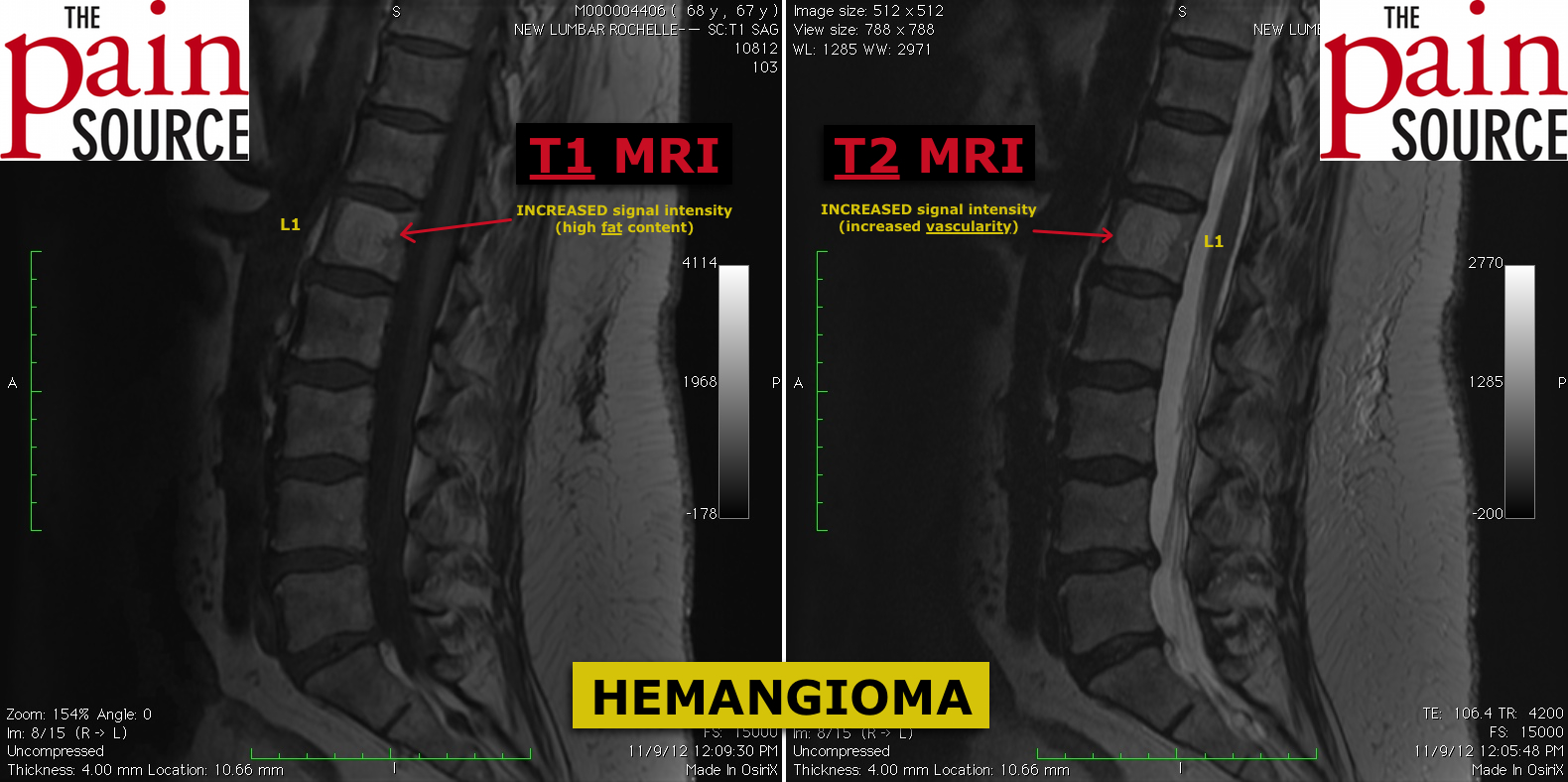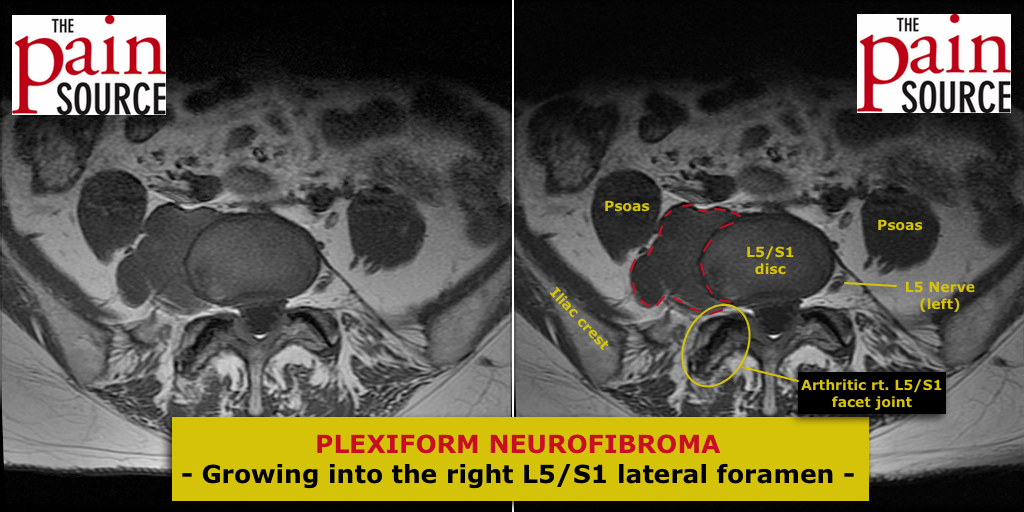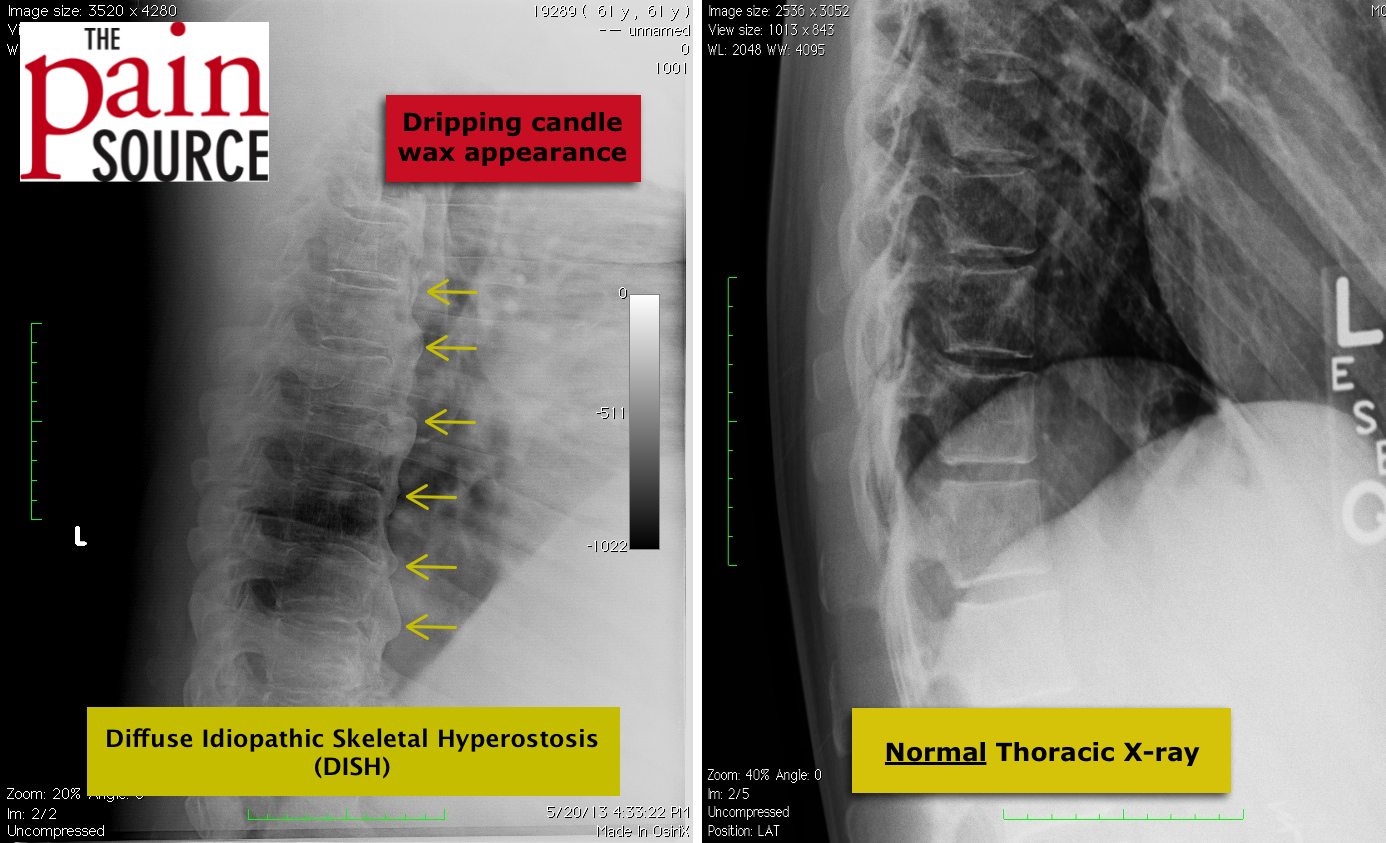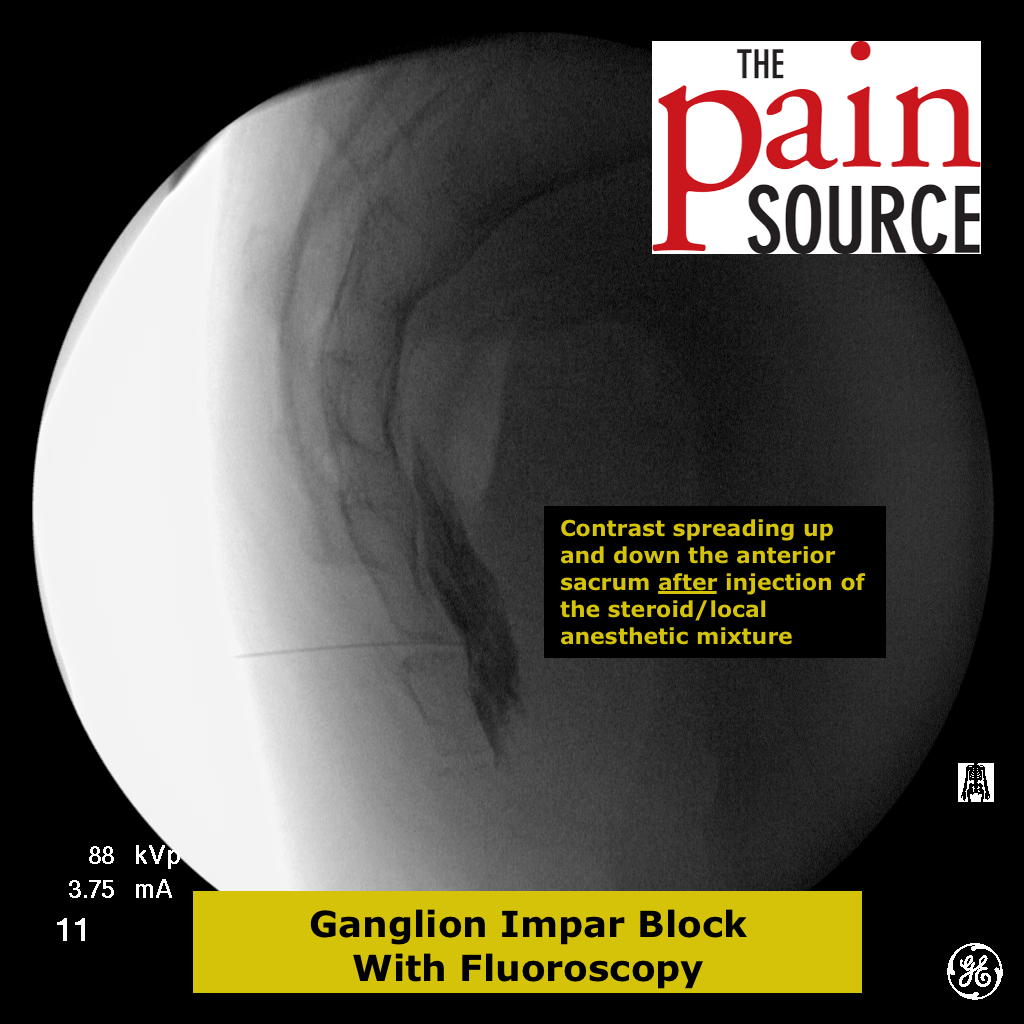 As a physician prescribing “pain killers” for chronic painful conditions, you know that obtaining random urine drug screens (UDS) is essential to assuring compliance of the patient to agreed upon treatment plan; make sure they are taking the medications we are prescribing and NOT taking abused drugs that are not being prescribed by us.
As a physician prescribing “pain killers” for chronic painful conditions, you know that obtaining random urine drug screens (UDS) is essential to assuring compliance of the patient to agreed upon treatment plan; make sure they are taking the medications we are prescribing and NOT taking abused drugs that are not being prescribed by us.
Point-of-care (urine cup) urine drug screens are based on immunoassay analysis of urine for certain medications/drugs (amphetamines, barbiturates, benzodiazepines, marijuana, cocaine, methadone, opiates/opioids, PCP, LSD, etc). These tests provide clinicians a result within minutes. Unfortunately, they are fraught with “false positive” results.
Immunoassay Urine Drug Screens
- Works by exposing the urine (with medications/drugs in it) to antibodies that bind to certain drug shapes. The problem arises when the patient’s urine has chemical breakdown products from other medications that are not of particular concern to pain physicians, but have a very similar shape to those drugs that are of concern.
- This accidental binding to other drugs will cause a “false positive” reading on the immunoassay test. For instance, patients taking Protonix for their gastroesophageal reflux disease may test positive for cannabinoids (marijuana) on immunoassay testing.
It is vitally important for pain physicians to be aware of possible false positive readings on immunoassay testing and to send the urine for confirmatory testing via gas chromatography or liquid chromatography coupled with mass spectrometry that is nearly 100% accurate (without false positive readings).
Below is a image of various drugs that can cause false positive readings for different classes of drugs on immunoassay.
Download a PDF of the document HERE.

